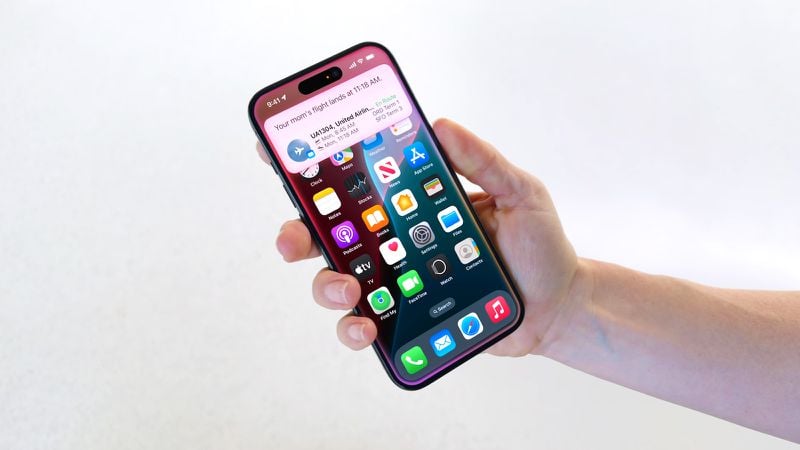The Information has shed rare light on the internal dysfunction behind Apple’s long-awaited overhaul of Siri, revealing a project mired in conflicting visions, technical pivots, and frustrated talent — all under the ambitious umbrella of “Apple Intelligence.”

According to the report, Apple initially considered building two separate AI models — a lightweight, on-device “Mini Mouse” and a more powerful cloud-based “Mighty Mouse.” But this dual-model strategy was scrapped in favor of a single, large cloud-based model. This, too, was later revised, as leadership repeatedly shifted strategy, leaving engineers demoralized and prompting some to leave the company entirely.
Much of the dysfunction appears to stem from poor leadership and a risk-averse culture inside Apple’s AI and machine learning division. Former employees described an environment lacking in ambition, bogged down by interdepartmental politics, internal squabbles, and competing priorities. One telling detail: Apple employees have reportedly nicknamed the group “AIMLess” — a jab at the AI/ML (Artificial Intelligence and Machine Learning) division’s perceived lack of direction.
Siri, internally referred to as a “hot potato,” has been passed from team to team for years with little tangible progress. Attempts at innovation have often been deprioritized in favor of minor updates like faster response times or tweaking wake-word behavior. For instance, it reportedly took over two years just to remove the word “Hey” from the “Hey Siri” activation command — one of the pet projects of Siri lead Robby Walker.
>>>New 4325mAh A2850 Replacement Battery for Apple iPhone 14 Plus
More ambitious efforts, such as building emotional intelligence into Siri to recognize when users are in distress, were shut down. Similarly, Project Link, which aimed to give the Vision Pro voice-driven app control and support multi-user interactions in shared virtual spaces, was largely abandoned due to execution failures within the Siri team.
Meanwhile, Apple’s strict in-house development philosophy also backfired. In 2023, engineers were explicitly told they could not ship any products using external AI models, only benchmark against them. The problem? Apple’s own models reportedly fell well short of OpenAI’s technology in performance — and that gap was hard to ignore as tools like ChatGPT gained mass adoption.
Even Apple AI chief John Giannandrea, once hopeful that better training data and more effective web-scraping could salvage Siri, underestimated the impact of generative chatbots. In internal meetings, he told staff that ChatGPT-style tools didn’t offer much practical value — a stance that now seems strikingly out of step with industry trends.
Perhaps most revealing of Apple’s internal strain is what happened at WWDC 2024. The company’s demo of Apple Intelligence included a slick Siri experience — accessing flight information from emails, reminding users about lunch plans, and mapping routes automatically. But according to the report, this demo was largely staged. The only fully functional feature on test devices was the glowing ribbon animation around the screen — the rest was not ready or didn’t exist at all. Even Siri engineers were caught off guard by what was presented onstage.
This marks a serious departure from Apple’s historically cautious approach to public announcements. Until now, the company was known for only showcasing features it had already tested and locked in. The WWDC demo broke with that tradition — reflecting either a bold shift in strategy or a sign of internal desperation to prove progress.
>>>New 4323mAh A2830 Replacement Battery for Apple iPhone 14 Pro Max
Despite the setbacks, there may still be a path forward. The report notes that Craig Federighi and Mike Rockwell have taken more hands-on roles and appear committed to finally making Siri competitive. Federighi has reportedly told engineers to use “whatever it takes” — even open-source AI models from other companies — to deliver meaningful features, signaling a rare break from Apple’s walled-garden ethos.
Whether this marks the beginning of a true Siri renaissance or just another internal reset remains to be seen. What’s clear is that the road to Apple Intelligence has been far messier than the company would like anyone to believe.